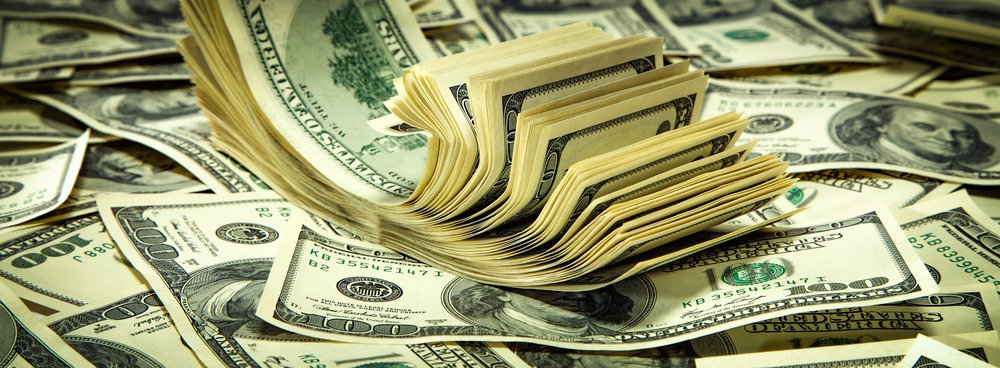The dollar traded higher in early European forex trading Tuesday, as the Federal Reserve took a more liberal stance to higher bond yields.
The Dollar Index was up 0.3% at 91.290 at 3:55 AM ET (0755 GMT), hitting a three-week high.
The EUR/USD pair fell 0.3% to 1.2010 and the GBP/USD pair fell 0.3% to 1.3885. On the other hand, the USD/JPY was up 0.1% at 106.84.
With antipodean currencies, the risk-sensitive AUD/USD fell 0.3% to 0.7750. This came after the Reserve Bank of Australia re-committed to keeping interest rates at historic lows. NZD/USD dipped 0.5% to 0.7224, while USD/CAD inched up 0.3% to 1.2684.
Forex markets have recently been taking their cues from the global bond market. Moreover, Treasury yields have stabilized and the dollar has pushed higher. This was on expectations that the U.S. central bank will show greater tolerance of higher bond yields than its peers.
Fed Chairman Jerome Powell has attempted to tone down expectations of early tightening. He said that the central bank would look through any near-term inflation spike.
Richmond Fed President Thomas Barkin minimize recent Treasury market volatility. His remarks reinforce the message that the U.S. central bank is not yet troubled by the growth in yields.
Dollar Holds Advantage over Low-yielders
The greenback stood firm against its low-yielding peers on Tuesday. Investors are betting on a faster economic recovery in the United States. Moreover, they expect that the Fed will show greater tolerance of higher bond yields than other central banks.
Risk currencies slipped back from steep gains the previous day. This came after China’s top financial regulator discussed the need to proactively take measures to stabilise the housing market. Also, while expressing caution of the risk of bubbles bursting in foreign markets.
The dollar index climbed 0.2% to 91.176, hitting a three-week high to edge closer to last month’s peak of 91.600.
The dollar currency rose to as high as 106.93 yen, its highest since late August. It last stood at 106.78 yen while the euro inched down 0.2% to $1.2026. It has touched its lowest level in almost a month.
The European Central Bank sounded alarm over rises in bond yields, putting pressure on the euro.
The ECB will prevent a premature increase in borrowing costs for firms and households, President Christine Lagarde said.
According to policymaker Francois Villeroy de Galhau, some of the recent rises in bond yields were unwarranted. The ECB must push back using the flexibility embedded in its bond purchase programme, he said.
















